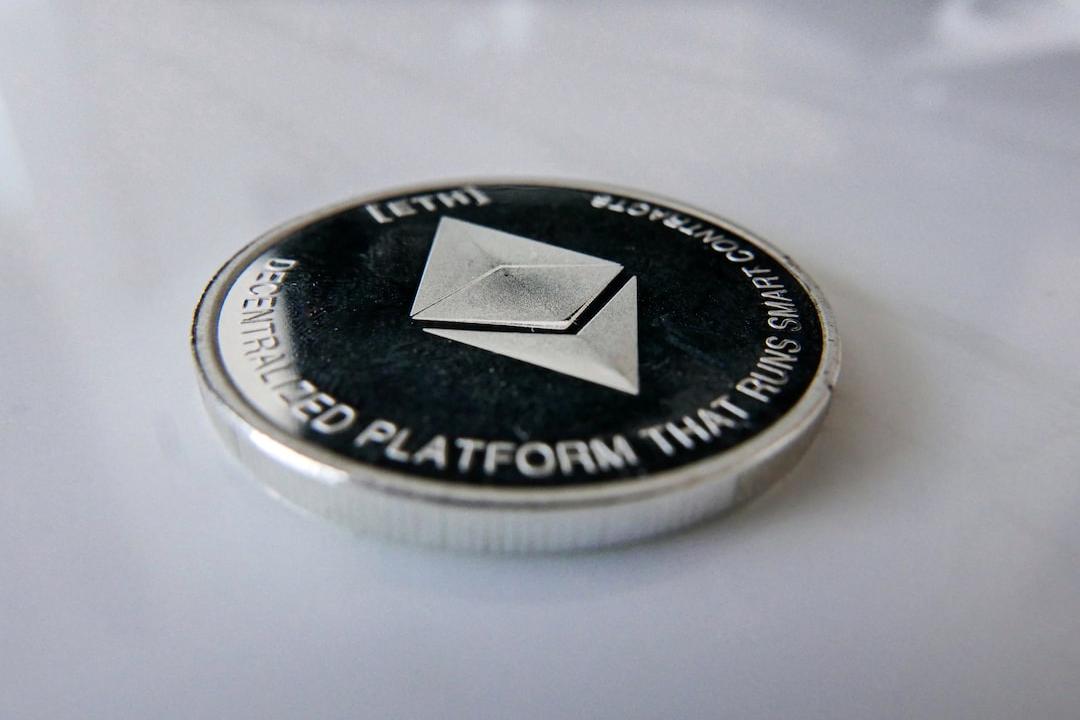Introduction
The cryptocurrency market in South Korea is known to be one of the most active and mature markets, with almost everyone in the country being familiar with BTC. People in South Korea are also more friendly towards emerging projects, especially the younger generation, whose enthusiasm for cryptocurrencies surpasses that of the older population. Additionally, due to the market economy environment in South Korea, the FOMO (fear of missing out) sentiment among young people is stronger.
1. Macroeconomic Indicators and Current Situation
South Korea is a high-income developed country and the most industrialized member of the OECD. Korean brands such as LG Electronics and Samsung have gained international recognition for their high-quality electronic products and other manufactured goods. South Korea became a member of the OECD in 1996.
Geographical Location and Population Size
South Korea, also known as the Republic of Korea (ROK), is located in the southern part of the Korean Peninsula, extending about 1,100 kilometers from the Asian mainland. It shares a border with North Korea along the Korean Demilitarized Zone and is bordered by the Yellow Sea to the west and the Sea of Japan to the east. South Korea (including all its islands) is located between 33° and 39° north latitude and 124° and 130° east longitude, with a total area of 100,410 square kilometers (38,768.52 square miles). The country claims to be the sole legitimate government of the entire peninsula and adjacent islands.
It is estimated that the population of South Korea will be around 51.7 million by 2022. However, South Korea’s birth rate became the lowest in the world in 2009 and is the country with the largest decline in working-age population among OECD countries. It is projected that the proportion of the population aged 65 and above will exceed 20% by 2025 and reach nearly 45% by 2050.
Furthermore, South Korea is known for its population density, estimated to be 514.6 people per square kilometer in 2022, which is more than 10 times the global average. Apart from microstates and city-states, it is the third most densely populated country in the world. South Korea is also one of the most racially homogeneous societies in the world, with ethnic Koreans accounting for approximately 96% of the total population. Due to many immigrants being ethnic Koreans themselves, no statistics are available on other ethnic groups, making it difficult to estimate accurate numbers.
Economic Structure and Characteristics
South Korea has a mixed economic system, with its major industries including textiles, steel production, automobile manufacturing, shipbuilding, and electronics. Over the past few decades, South Korea’s rapid growth has been largely driven by the export of electronic products and telecommunications equipment, earning the country a reputation as a top producer and innovation center globally.
The country holds significant or even dominant positions in many major industries globally, such as nuclear power, consumer electronics, and biotechnology. It is also committed to becoming a major player in several other areas, including smart grid technology, the Internet of Things (IoT), and robotics.
The South Korean economy relies heavily on international trade. In 2014, South Korea was the world’s fifth-largest exporter and seventh-largest importer. However, with tightening interest rate environment and weakened external demand impacting South Korea’s exports, the recent economic growth is expected to be moderate but slowing down. Particularly, the country’s major export product, semiconductors, declined by 41% in April 2023, and the International Monetary Fund predicts the real GDP growth rate to be 1.5% in 2023.
As of 2023, South Korea has 82 chaebols, which are large industrial conglomerates typically run by a family. These chaebols have total assets exceeding 50 trillion Korean won ($36.90 billion). Samsung, with a market value exceeding $375 billion, is one of the most valuable chaebols, surpassing the economic scale of Qatar. According to Statista.com, as of May 2023, the top five chaebols (also known as conglomerates) – Samsung, SK Group, Hyundai Motor Company, LG, and POSCO – account for nearly 53% of the total revenue of the 82 major business groups in South Korea.
South Korea’s GDP Ranking
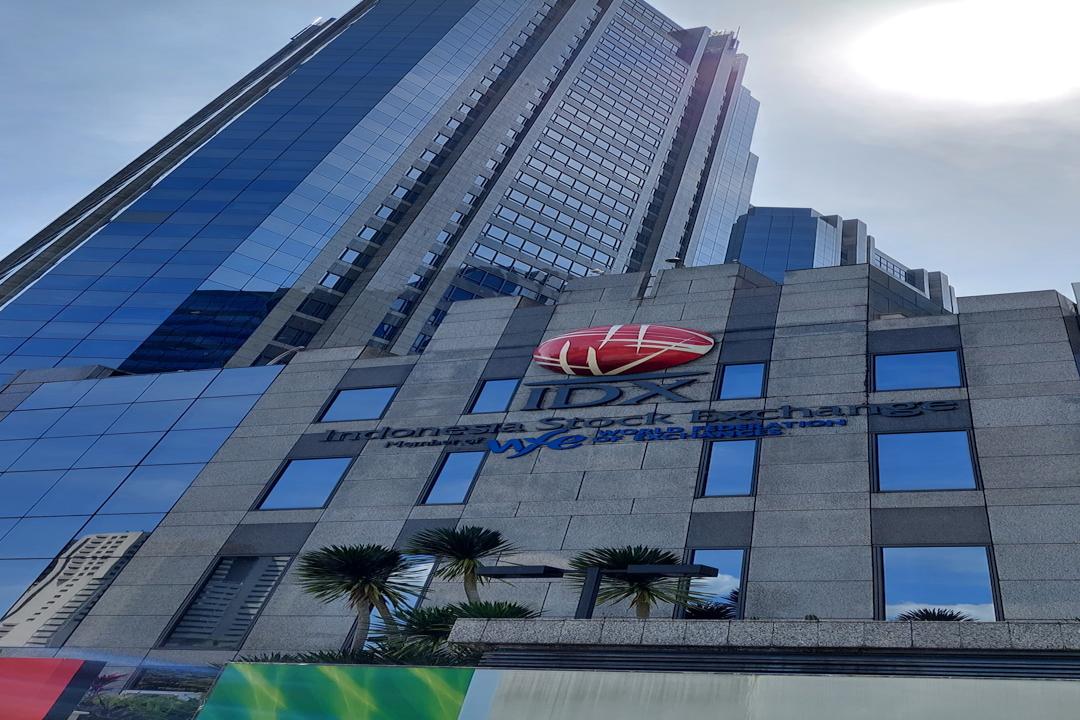
The South Korean economy is one of the largest and most advanced economies in the world, ranking 13th in terms of nominal GDP and 14th in terms of purchasing power parity GDP. According to World Bank data, South Korea’s gross domestic product (GDP) in 2022 was $1.67392 trillion. South Korea’s GDP accounts for 0.72% of the world economy.
Inflation Rate Data

In April 2024, South Korea’s annual inflation rate slowed to 2.9%, slightly lower than the market forecast of 3%, and lower than the previous month’s rate of 3.1%. This is the lowest reading since January, as the cost of food and non-alcoholic beverages (5.9% vs. 6.7% in March) and the rate of cost increase in restaurants and hotels (3% vs. 3.4%) slowed down.
Meanwhile, the cost of housing, electricity, gas, and water increased at the same rate (1.8%), while the rate of price increase for goods was slightly higher (2.9% vs. 2.8%). On a monthly basis, inflation remained stagnant after a slight increase of 0.1% in the previous month, lower than the market expectation of a 0.2% increase.
South Korea’s Official Currency
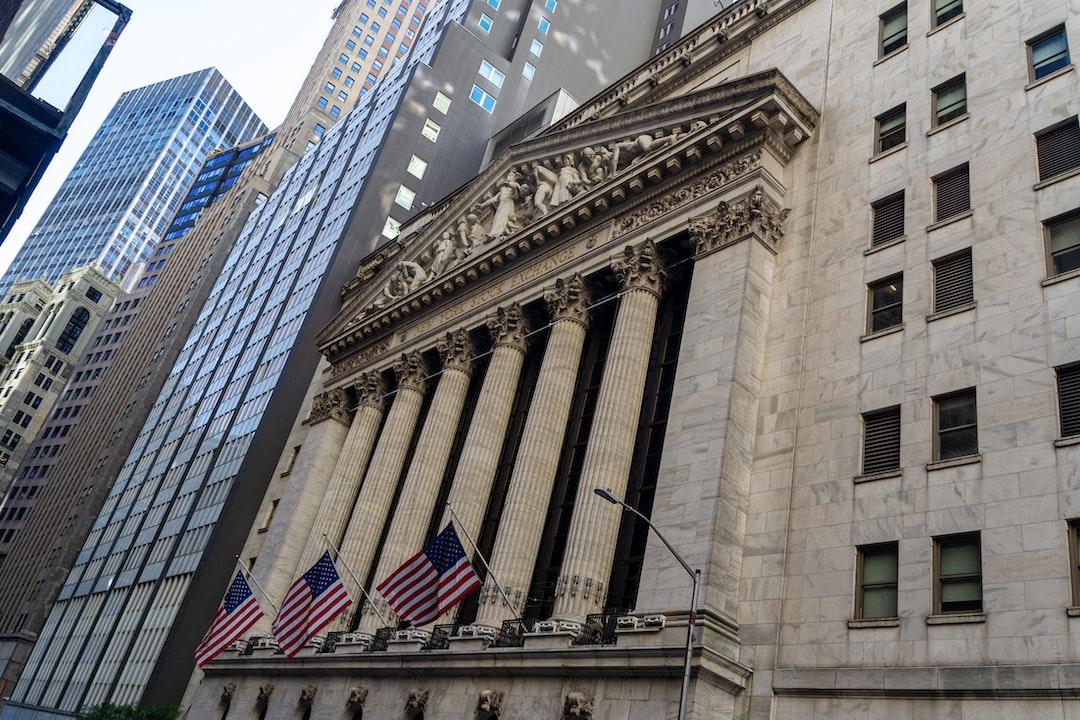
The official currency of South Korea is the Korean won. Its currency code is KRW, and the symbol is ₩. The conversion factor for the Korean won has 6 significant digits. It is a legal tender. According to research firm Kaiko’s data, in the first quarter of 2024, the Korean won became the primary currency for global cryptocurrency transactions, with a cumulative trading volume of $456 billion, reflecting South Korea’s growing speculative interest in high-risk crypto assets.
2. Current Status and Characteristics of the Cryptocurrency Market
High User Adoption Rate
According to a semi-annual report on cryptocurrency assets published by the Korea Financial Intelligence Unit (KOFIU) as of the second half of 2023, the number of active users registered on cryptocurrency exchanges in South Korea increased by 390,000, with over 6.4 million users (11% of the population) in South Korea.
High Adoption Rate
Driven by a population proficient in technology and a strong interest in financial innovation, cryptocurrency ownership and adoption in South Korea have significantly and continuously increased. Most of these investors are primarily engaged in investment activities centered around centralized exchanges, which significantly influence the cryptocurrency market in South Korea. At the same time, the cryptocurrency holdings in South Korea have increased significantly, particularly among individuals in their 40s and 50s as well as young investors in their 20s and 30s.
Large Trading Volume
Furthermore, with the arrival of a new cycle and the increase in BTC prices, the cryptocurrency trading frenzy in South Korea has resurfaced. In March 2024, the trading volume on domestic cryptocurrency exchanges in South Korea reached a record-breaking 11.8 trillion Korean won (approximately $9 billion), surpassing the trading volume of the Korean stock market at that time, which was 11.47 trillion Korean won (approximately $8.7 billion).
3. Characteristics of Cryptocurrency Users in South Korea
According to recent data, cryptocurrency ownership in South Korea has seen a significant increase. This includes a diverse range of demographic groups, with significant adoption among individuals in their 40s and 50s as well as young investors in their 20s and 30s. According to a report by Forkast, 31% of Korean investors are in their 30s, 27% in their 40s, and a quarter in their 20s.
Female Users Outnumber Other Regional Markets
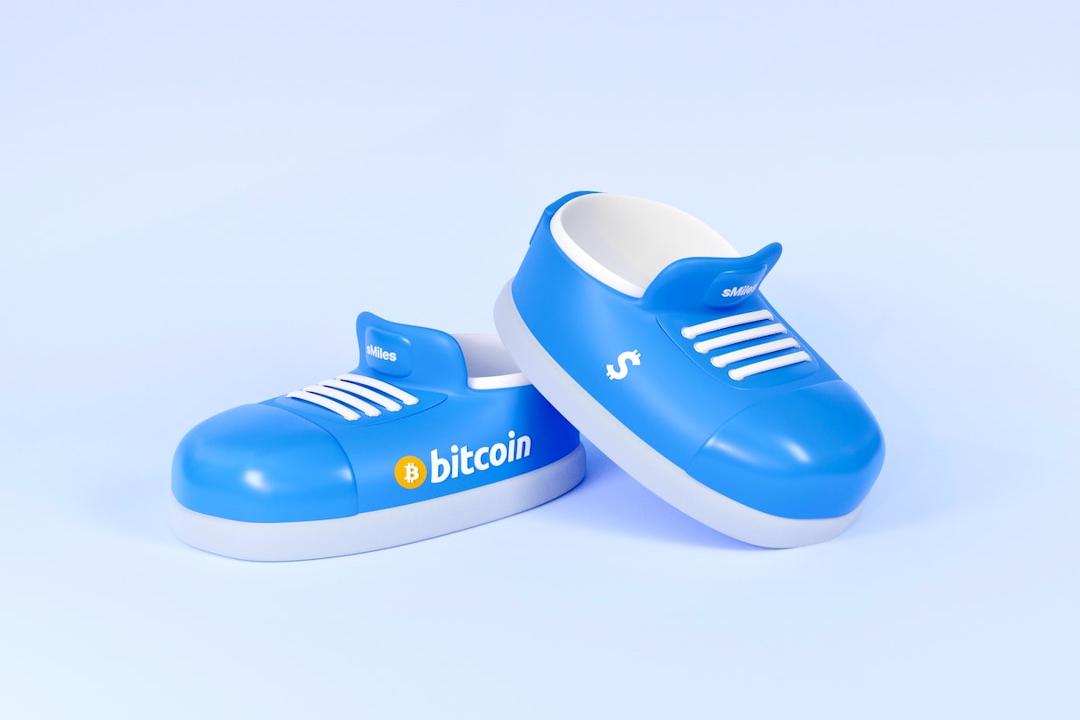
According to a survey by Kucoin in 2023:
– 26% of adult internet users aged 18 to 60 in South Korea have invested in cryptocurrencies in the past six months.
– Among the entire cryptocurrency investor population, the participation rate is higher for males (56%) than females (44%).
– Investment by young women (Generation Z) between the ages of 18 and 30 has significantly increased, accounting for 67% of female cryptocurrency investors.
– This trend suggests that women, especially Generation Z women, may play a more important role in cryptocurrency investments in the future.
Generation Z More Inclined towards Overnight Wealth

The survey also analyzed the different motivations for investing in cryptocurrencies:
– The motivation for older age groups is long-term wealth accumulation (47%).
– Generation X is more inclined towards long-term investments (55%) and portfolio diversification (38%).
– Generation Z tends to prioritize quick gains, with 38% aiming for “overnight wealth,” compared to an overall average of 30%.
– Younger investors are primarily driven by FOMO sentiment, reflected in their higher trading frequency. 64% of Generation Z investors trade more than once a week, compared to 48% for Generation Y and 42% for Generation X.
– Additionally, Generation Z shows a higher interest in the entertainment value of cryptocurrency investments, with 27% considering it as an interesting activity beyond just financial returns.
4. Current Status of CEX in South Korea
South Korea is one of the largest and most active cryptocurrency markets in the world. According to CoinGecko data as of May 14, 2024, the five licensed exchanges in South Korea, Upbit,Bithumb, Coinone, Korbit, and Gopax have processed over $2 billion worth of cryptocurrency transactions.
Upbit

Upbit is the largest exchange in South Korea, dominating the market with over 80% of trading volume ($1.5 billion USD as of May 17, 2024). It is one of the top five cryptocurrency exchanges globally. Upbit also operates in Singapore, Thailand, and Indonesia, focusing on the Southeast Asian crypto market.
Bithumb
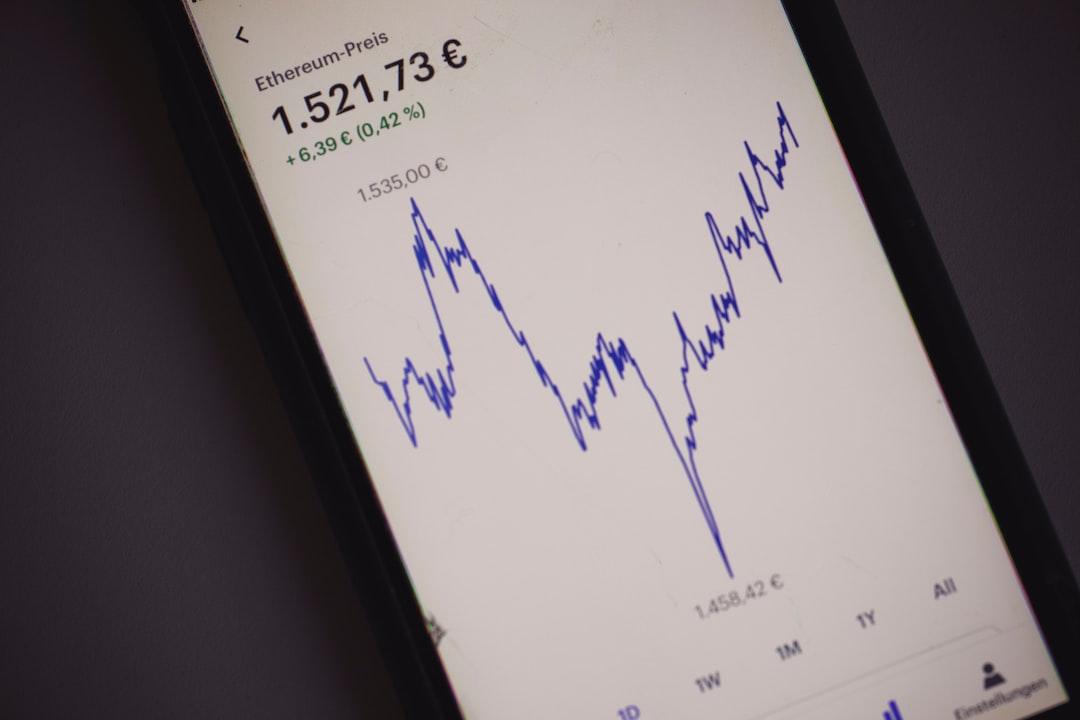
Founded in 2014, Bithumb has grown to become one of the largest and most influential cryptocurrency exchanges in South Korea, headquartered in Seoul. According to Coingecko, it ranks second in terms of daily trading volume with $411 million USD as of May 14, 2024.
Other CEX
According to Coingecko data, as of May 17, 2024, other CEXs have a smaller market share compared to Upbit and Bithumb, with daily trading volumes of $5 million (Korbit), $2 million (Gopax), and $29 million (Coinone).
5. Web3 Projects in South Korea
ZEAT

Zeat is a gaming social platform designed to connect gamers, facilitate finding gaming partners, chatting with friends, and sharing content. It supports clans with features like sparse competitions, tournaments, and missions. Zeat aims to integrate Web3 elements such as NFTs, SocialFi, and tokens to enhance the gaming experience. The platform’s AI recommendation system helps players discover like-minded individuals and build a community.
CXT.Tax

CXT.Tax, also known as CryptoTax, is a platform aimed at efficiently managing cryptocurrency assets and taxes. It provides features such as aggregation of trading data from various platforms, real-time asset monitoring, and updates on the latest news and disclosures. Users can preview and report taxes, estimate future tax liabilities, and receive important updates regarding their assets. CryptoTax aims to simplify digital asset management and tax compliance for investors.
DSRV
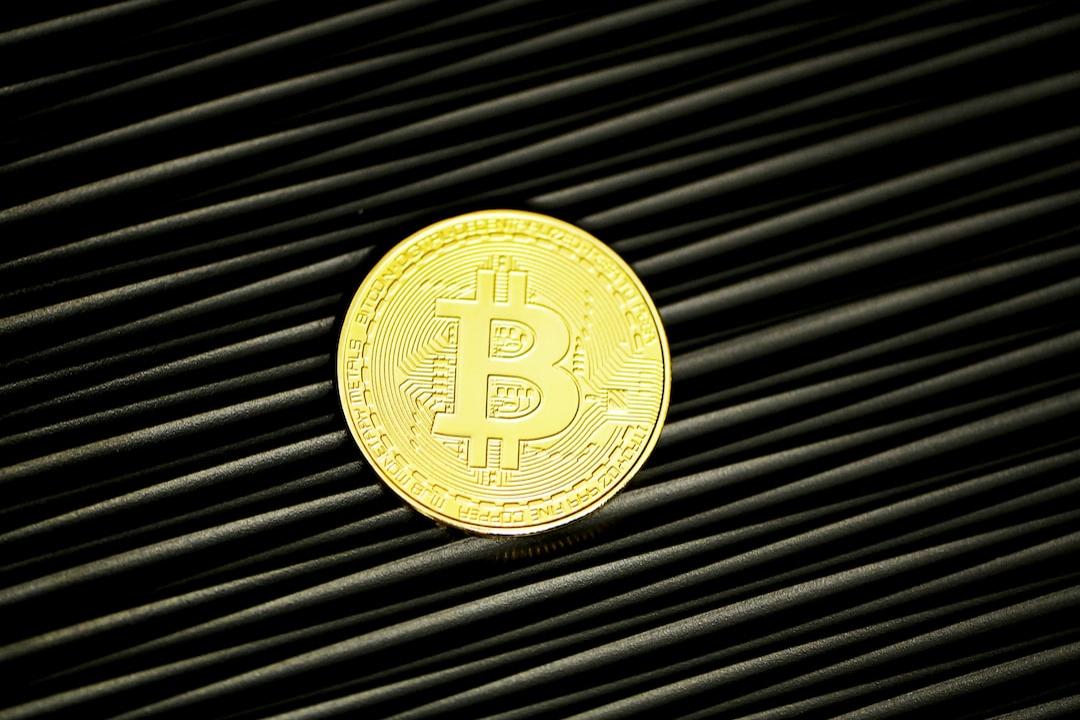
DSRV is a Seoul-based blockchain infrastructure company. It offers a range of services including node operation, staking, and blockchain development tools. DSRV supports over 40 major blockchain networks and operates over 4,000 nodes. The company also offers products such as Welldone Studio, an integrated development tool for multi-chain environments, and All That Node, a comprehensive multi-chain development kit. DSRV aims to simplify blockchain integration and promote sustainable growth in the industry.
Hyperithm
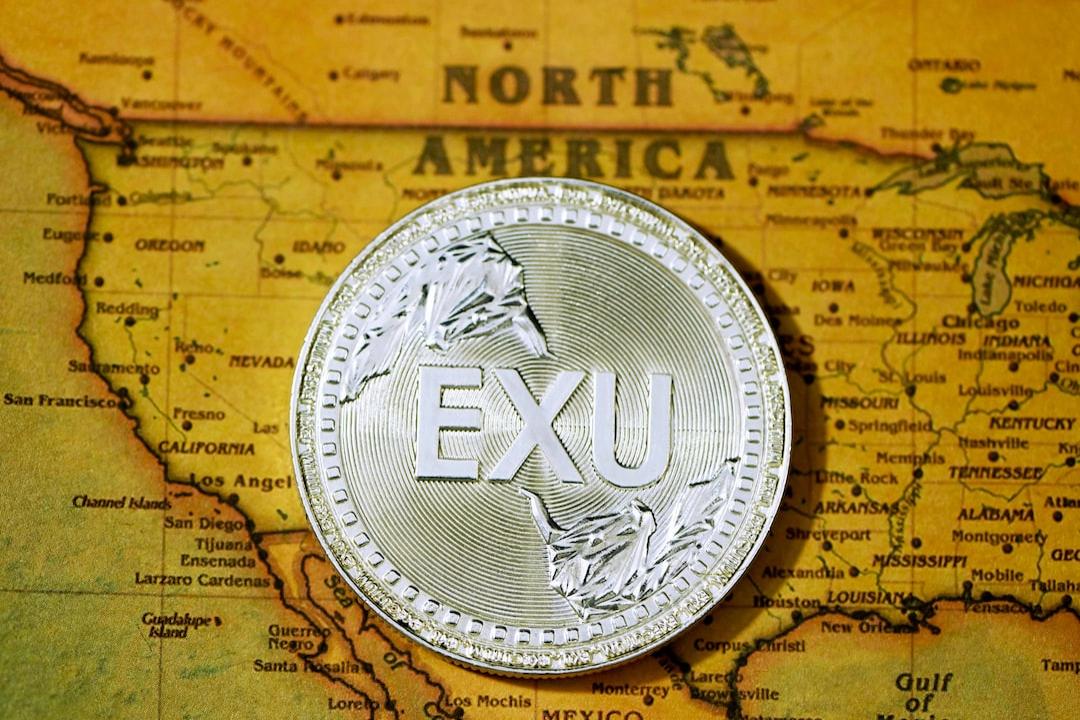
Hyperithm is a digital asset management company headquartered in Tokyo and Seoul, specializing in quantitative trading and venture capital. They provide institutional-level services in the field of digital assets, leveraging advanced trading strategies and investment expertise.
KODA

Korea Digital Asset (KODA) is the largest institutional crypto custody service company in South Korea, backed by KB Kookmin Bank (the largest retail bank in South Korea), Haechi Labs, and Hashed VC fund in 2023. The value of the crypto assets they custody expanded by nearly 248% in the second half of 2023.
6. Crypto Venture Capital in South Korea
Lecca Ventures

Lecca Ventures is a South Korean venture capital firm focused on Web3 and cryptocurrency. They specialize in investing in community-driven startups, particularly those led by visionary founders. Lecca Ventures takes a hands-on approach, providing not only capital but also actively participating in the development and expansion of their portfolio companies. Their investment strategy emphasizes quality over quantity, supporting startups that offer unique and innovative solutions in the Web3 space. Their portfolio includes companies like Airstack, Alloyx, Nibiru, Shield, Anima, and Mission ate Cash, known for their contributions to the crypto industry.
Hashed

Hashed is a prominent Seoul-based blockchain investment firm and incubator with an office in Silicon Valley. The company focuses on supporting and investing in innovative blockchain projects and Web3 startups. Founded by Simon Kim, Hashed is dedicated to building a decentralized future by supporting visionary entrepreneurs and providing comprehensive support to their portfolio companies. Hashed plays a vital role in the global blockchain ecosystem, hosting events like Korea Blockchain Week to foster community and collaboration within the industry.
7. Cryptocurrency Market Regulation in South Korea
South Korea has established a comprehensive cryptocurrency regulatory framework aimed at ensuring investor protection and market integrity. Key components of this framework include:
Digital Assets Basic Act
This upcoming legislation aims to provide a structured approach to regulating virtual assets. It includes regulations for virtual asset service providers (VASPs), standards for issuing and listing cryptocurrencies, and requirements for disclosure to prevent unfair trading practices.
Anti-Money Laundering (AML) and Compliance
The Financial Intelligence Unit (FIU) is strengthening its scrutiny of cryptocurrency exchanges. The FIU’s strategy includes rigorous inspections and enforcement of strict regulatory standards to curb illegal activities such as money laundering and corruption. Exchanges must obtain real-name verification services and separate user funds from company funds.
Investor Protection Measures
Following notable events such as the collapse of Terra-LUNA, regulatory focus has shifted towards enhancing investor protection. This includes stricter controls on token issuance and listings, as well as mandatory disclosure by high-ranking officials to prevent conflicts of interest.
Global Consistency Standards
South Korea’s regulatory efforts align with global standards set by organizations like the Financial Action Task Force (FATF). This ensures that the country’s regulations are consistent with international best practices, enhancing the reliability and security of its digital asset market. These measures aim to create a safer and more transparent environment for cryptocurrency trading in South Korea, balancing the need for innovation with the necessity of protecting investors and maintaining market stability.
8. Tax Policies in South Korea
South Korea’s tax policies regarding cryptocurrencies are evolving, reflecting the government’s efforts to balance regulation and market growth. Initially, South Korea planned to impose a 20% tax on cryptocurrency gains exceeding 2.5 million Korean won (approximately $2,300 USD) starting from 2022. However, due to industry opposition and legislative changes, this has faced several delays. As of now, the implementation of this tax has been postponed to January 2025, and it applies to cryptocurrency trading income, requiring investors to report their earnings for taxation. Additionally, the ruling People Power Party has proposed another delay to prioritize establishing a comprehensive regulatory framework, possibly pushing the effective date to 2027.
Tax regulations classify cryptocurrency gains as “miscellaneous income”, and any non-sale transfers of crypto assets, such as gifts or inheritances, are subject to statutory gift and inheritance tax rates, which can reach up to 50%. The South Korean government is also focused on improving transparency and combating illegal activities in the crypto market, requiring exchanges to share transaction records and mandating high-ranking officials to disclose their cryptocurrency holdings starting from 2024.
9. Conclusion
As a member of the G20 and with a strong economy supported by companies like Samsung and Hyundai, South Korea plays a significant role in the global economic landscape. At the same time, it is a culturally homogeneous market, making it challenging for teams to enter without a genuine presence in the country.
On the other hand, South Korea’s financial system has a high level of trust, which has led to a lukewarm enthusiasm among Korean users for decentralized self-custody and DeFi. However, driven by FOMO sentiments for investment, value preservation, and the prospect of getting rich, the Korean crypto market continues to thrive and stands out in the global crypto market, particularly in terms of adoption by licensed cryptocurrency exchanges and users.
As of 2024, the South Korean cryptocurrency market has indeed emerged as a key player in the global crypto space, characterized by a rapidly evolving regulatory environment, increased government oversight, significant market activities, high levels of market participation, and strict enforcement measures. As the industry continues to develop, South Korea has the potential to play an even more significant role in the global crypto market.
Note: All views mentioned above are for reference only and should not be considered as investment advice. If there are any objections, please feel free to contact us for corrections.

